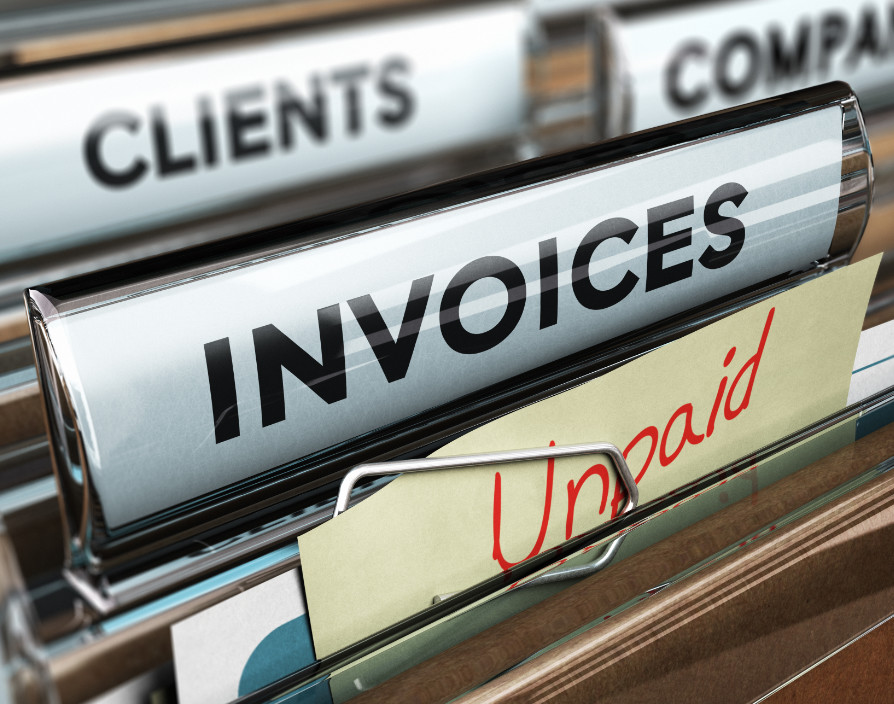Small and medium businesses are now left
waiting up to 23 days to receive late payments from debtors, double of that
from last year, according to the latest analysis
SMEs provide the backbone to Britain’s economy. However, many small and medium businesses are often left behind when it comes to receiving payments for goods and services they provide. Debtors are now taking almost double the amount of time to settle invoices, leaving serious impacts to operations as businesses are stretched past their limit, recent data by MarketFinance has revealed.
Late payments refer to additional time taken to settle invoices outside of what is contractually agreed by companies at the point of purchase. This can cause serious harm for businesses in the long-run by slowing down cash flow, disrupting business plans and affecting payments to employees and creditors. MarketFinance Insights have analysed over 100,000 invoices from 990,000 UK SMEs sent to a range of businesses locally and abroad from 2013 to 2019, to find out how many were affected by late payments
According to the figures, many small and medium businesses were left in dark and forced to wait days on end to receive their cut, despite prior agreements. Companies typically agree to a 45-day payment for completion of goods and services. However, the number of invoices paid late in 2019 has doubled from an average of 12 days in 2019 to 23 days late in 2019. Data also showed that invoices paid late were larger in value, totalling £34,286 while those paid on time only amounted to £24,624.
There was a slight improvement in the number of businesses facing late payments, dropping from 43% in 2018 to 39% in 2019. However, this still accounts for an astonishing £34 billion owed by debtors. Many debtors who opt for longer payments appear to settle the invoices later, rising from 13% in 2013 to 23% in 2019. Analysis also found that larger debtors insisted on longer payments, and also paid up later (94 days) compared to smaller debtors (42 days).
Professional and legal services businesses suffered the most with late payments in 2019. 70% of invoices were paid late, rising up from 30% in 2018. 57% of manufacturers faced late payments, 49% of retailers, and creative industries businesses were also hit. However, companies working in the utilities and energy sector saw a drastic improvement in late payments, with only a third invoices being paid late in 2019 compared to two-thirds in 2018.
US companies were notorious for late payments, according to the data, and taking an extra 51 days to settle invoices. French, Spanish and Italian businesses have halved the number of days they took to pay up, from 24 days in 2018 to 12 days in 2019.
“It’s great to see that fewer invoices were paid late in 2019 but worryingly, those that were paid late took twice as long as in 2018, up from 12 days to 23 days,” Bilal Mahmood, External Relations Director at MarketFinance said. “Late payment practices harm business cash flow, hampers investment and, in extreme cases, can risk business solvency. Separate research we’ve conducted highlighted that 87% of businesses are prevented from taking on more orders because of the cashflow constraint owing to late payments. Overall it seems who you are doing business with and where they are based is important to know for a small business if they need to forecast cashflow”.
Mr Mahmood urged the government to implement measures to tackle the ongoing problem of late payments and reduce the impact on small and medium business, and target debtors who are notorious for settling invoices past the agreed due date.
“Government measures such as the Prompt Payment Code and Duty To Report have helped create awareness but need more bite. Until this happens, there are ways for SMEs to fight back against the negative impact of late payments, from having frank discussions with debtors that continuously fail to adhere to agreed payment terms, to imposing sanctions on those debtors, or seeking out invoice finance facilities to bridge the gap.”
Share via:








































